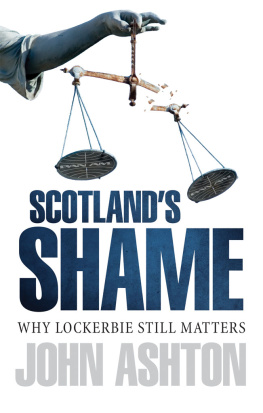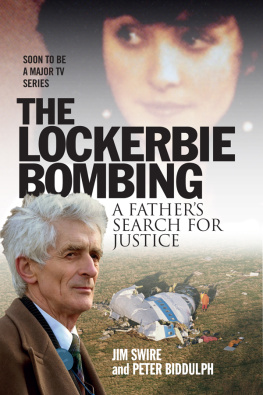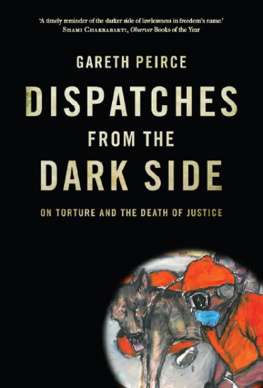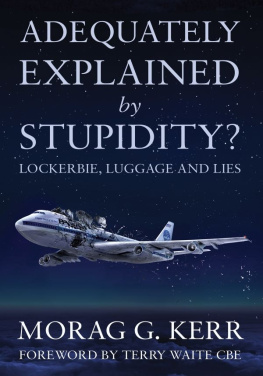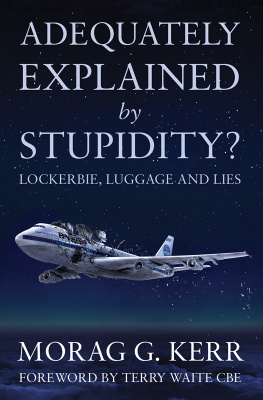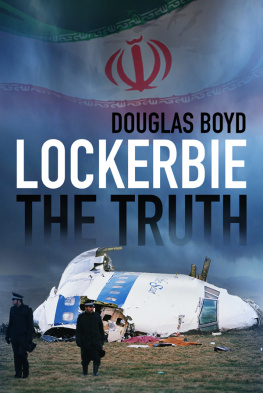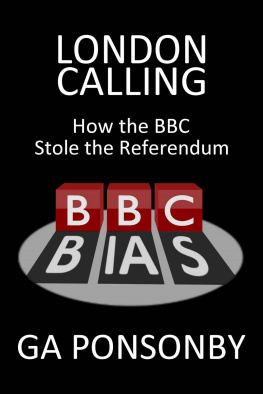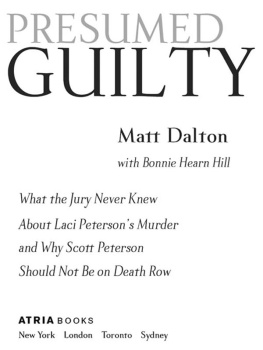Megrahi
YOU ARE MY JURY
____
THE
LOCKERBIE
EVIDENCE
John Ashton is a writer, researcher and TV producer. He has studied the Lockerbie case for 18 years and from 2006 to 2009 was a researcher with Megrahis legal team. His other books include What Everyone in Britain Should Know about Crime and Punishment (with David Wilson) and What Everyone in Britain Should Know about the Police (with David Wilson and Douglas Sharp), both published by Blackstone Press.

First published in 2012 by
Birlinn Limited
West Newington House
10 Newington Road
Edinburgh
EH9 1QS
www.birlinn.co.uk
Copyright Abdelbaset al-Megrahi and John Ashton, 2012
The moral right of John Ashton to be identified as the author of this work has been asserted by him in accordance with the Copyright, Designs and Patents Act 1988
All rights reserved. No part of this publication may be reproduced, stored or transmitted in any form without the express written permission of the publisher
eBook ISBN-13: 978 0 85790 232 0
British Library Cataloguing-in-Publication Data
A catalogue record for this book is available from the British Library
Set in Sabon at Birlinn
Plates
Preface
We all know he didnt do it.
The words of one of the friendly prison officers who, every few weeks, would usher me into a tiny room at Greenock prison, where I would meet Britains supposed worst mass murderer. We knew him as Baset; to the uninformed he was the Lockerbie Bomber.
A few minutes later I would hear a door unlock and the familiar quiet voice greet the officers with, Good morning gentlemen. Then Baset would enter the room, shake my hand and sit down facing me across a small table. Invariably he would have with him a bundle of papers, the very same documents that, a few years earlier, had been used to convict him.
He had employed me as a researcher to work alongside the lawyers who were battling to overturn that conviction. He would take me through fine points of detail and I would update him on my work. He was demanding, but unfailingly polite, his frustration at his plight never sublimated into anger. He had scoured every last page. He felt he had no option. Why, after all, should he trust us when we were part of a justice system that had failed so catastrophically?
We were allowed two and a half hours together. Once wed talked detail, the conversation usually turned to the injustice itself. The same questions always recurred. Why had certain witnesses changed their stories? How could the Crown justify withholding vital evidence? And, most importantly, how could three learned judges have reached such a perverse verdict? We had no answers.
When our time was up, Baset was escorted to his wing to resume prison life. Walking back to the railway station, it was almost impossible to imagine his daily reality. It was rather easier to daydream. I fantasised, childishly, about the day he would walk free from court and be reunited with his family. We had a strong case the most spectacular appeal victory in memory was within our reach. And yet, after two years of visits, we were still having the same conversations and were still nowhere close to starting the appeal. The system had failed him again, this time through inertia, rather than misjudgement.
In September 2008 came the terrible news that Baset had aggressive and incurable cancer. The psychological pain which, for years, had consumed him now had a physical manifestation. Those who had called for the death penalty had got their way.
A couple of weeks later he asked to see me again. He told me he wanted to tell his story in a book and needed me to write it. He knew he would never live to see the conviction overturned, but he wanted the public to know he was innocent. I wanted to make a start immediately, but he was, understandably, too distracted by his plight to help me.
It was not until almost a year later that I got under way. By then his dream of freedom had finally been realised. In other ways, though, he remained trapped in a nightmare. Not only was he terminally ill, but in the eyes of the law, he remained guilty of one of the worst acts of terrorism ever committed. In order to secure his release he had abandoned his appeal against that guilty verdict. It was a terrible choice to have to make, as he never doubted that, if they considered the evidence objectively, the appeal judges would overturn the conviction. From the moment he made that decision, he was determined that, if he could not be judged in a court of law, then he should be judged in the court of public opinion.
I had to make numerous trips to Tripoli, where I visited him at his suburban home. Although now free, he was no less eager to set the record straight and ensure that I had every fact correct. Once again my visiting hours were restricted, not by prison rules this time, but by his pain and tiredness. Back among his beloved family, he no longer wore the strained look I had witnessed in Scotland, but our conversation was, nevertheless, punctuated by the savage symptoms of his illness.
The book tells two stories. The first is Abdelbasets: of his life before 14 November 1991, when, out of the blue, he was charged with the bombing; and of the 20 years of suffering that he and his family have endured since then. The account is based on the numerous interviews that I conducted in Tripoli and on our informal prison conversations. With his agreement, I wove them together with his previous legal interviews to create a first-hand account, which appears in italics. It is by no means complete; in particular it contains little about his emotional state at key moments in the drama of the last two decades. He has always focused on facts rather than feelings, and, perhaps typically for his generation, he is not at ease with public expression of private emotion.
The second story is that of the bombing itself and the subsequent international investigation. It also recounts the evidence that would have been heard at Abdelbasets appeal. It argues that Abdelbaset and the Libyan people suffered a grave injustice. The Gadafy regime was responsible for many appalling crimes, its brutal response to the February 2011 uprising only the latest. Lockerbie, however, was almost certainly not among them. There is no more reliable evidence of its involvement than there is of Saddam Husseins involvement in the 9/11 attacks. No one will shed a tear that Gadafy was wrongly accused; what made this miscarriage of justice so uniquely appalling was that it was suffered by an entire nation. Libya endured 12 years of UN sanctions, predicated on paper-thin evidence, some of it concocted. By surrendering themselves for trial, Abdelbaset and his co-accused, Lamin Fhimah, removed the country from that headlock. Small wonder that each received a heros welcome on his return to Tripoli.
Both stories are, at times, complicated and involve a large cast of players. To help readers navigate, I have provided a glossary and notes on some of the more important people and organisations at the back of the book (see pp. 472 and 476).
Abdelbaset insisted on checking the manuscript for accuracy, but gave me the final say on its contents. He did, however, demand that I make three things clear. The first was that he wished me to present the cases for both the prosecution and the defence, and report all the important available facts. Some of these facts are common knowledge, others have never been told before. Many of the latter concern his activities in the years before the bombing. While he swears that he is entirely innocent, he accepts that his account of those days may appear suspicious to some, especially those unfamiliar with the Libyan way of life at the time. On the advice of his lawyers, he opted not to give evidence at his trial, in part because it was clear that, in the hands of a skilful cross-examiner, some of the details could be made to appear damning. We could easily have avoided those subjects in this book, but it is important that readers know all the available facts, not only those that are most favourable to him. He provides explanations for them all and leaves it to you judge those explanations.
Next page

